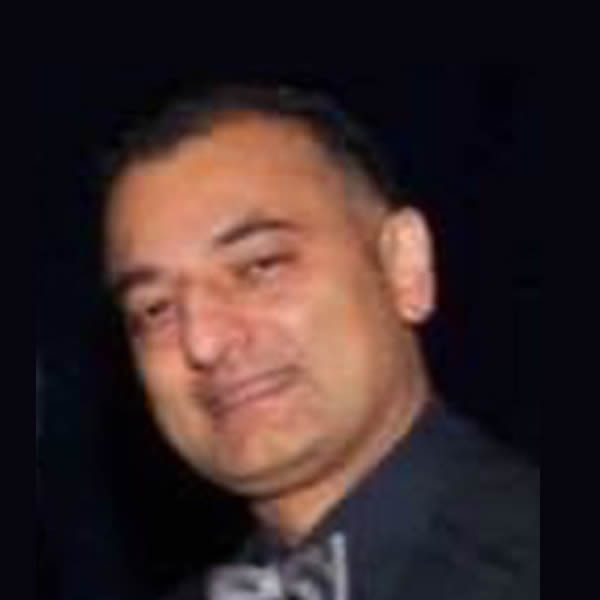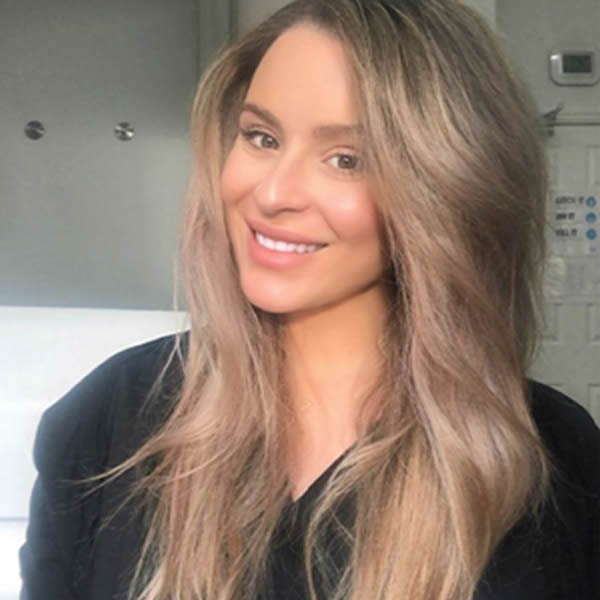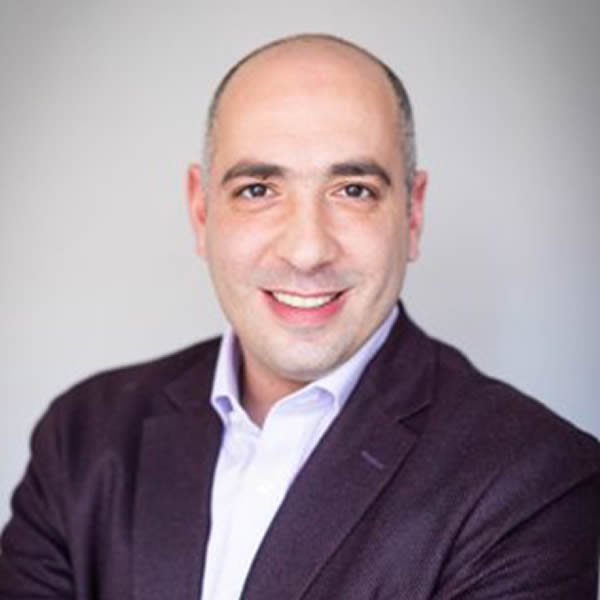Treatment Of Stress Incontinence
Firs t-line treatment involves strengthening the pelvic floor muscles with pelvic floor exercises. About 6 in 10 cases of stress incontinence can be cured or much improved with this treatment. If you are overweight and
incontinent then you should first try to lose weight in conjunction with any other treatments. Surgery may be offered if the problem continues and is a significant problem. Medication may be used in addition to exercises if you do not want, or are not suitable for, surgery.
Strengthening the pelvic floor muscles – pelvic floor exercises
It is important that you exercise the correct muscles. Your doctor may refer you to a continence advisor or physiotherapist for advice on how to do pelvic floor exercises correctly. Below are instructions you can follow yourself at home.
Learning to exercise the correct muscles:
- Sit in a chair with your knees slightly apart. Imagine you are trying to stop wind escaping from your anus (back passage). You will have to squeeze the muscle just above the entrance to the anus. You should feel some movement in the muscle. Don’t move your buttocks or legs.
- Now imagine you are passing urine and are trying to stop the stream. You will find yourself using slightly different parts of the pelvic floor muscles to the first exercise (ones nearer the front). These are the ones to strengthen. If you are not sure that you are exercising the correct muscles, put a couple of fingers into your vagina. You should feel a gentle squeeze when doing the exercises.
Doing Kegel’s exercises:
- You need to do the exercises every day.
- Sit, stand or lie with your knees slightly apart. Slowly tighten your pelvic floor muscles under the bladder as hard as you can. Hold to the count of five, then relax. Repeat at least five times. These are called slow pull-ups.
- Then do the same exercise quickly for a second or two. Repeat at least five times. These are called fast pull-ups.
- Keep repeating the five slow pull-ups and the five fast pull-ups for five minutes.
- Aim to do the above exercises for about five minutes at least three times a day, and preferably 6 -10 times a day.
- Ideally, do each five-minute bout of exercise in a different position each time. That is, sometimes when sitting, sometimes when standing, and sometimes when lying down.
- As the muscles become stronger, increase the length of time you hold each slow pull -up. You are doing well if you can hold each slow pull-up for a count of 10 (about 10 seconds).
- In addition to the specific times you set aside to do pelvic floor exercises, try to get into the habit of doing them whilst going about everyday life. Pelvic floor exercises could be done when answering the phone, washing up, travelling, etc.
- After several weeks the muscles will start to feel stronger. You may find you can squeeze the pelvic floor muscles for much longer without the muscles feeling tired.
It takes time, effort and practice to become good at these exercises. It is a dvised that you do these exercises for at least three months to start with. You should start to see the benefit after a few weeks. However, it often takes 8-20 weeks for most improvement to occur. After this time you may be cured from stress incontinence. If you are not sure that you are doing the correct exercises, ask a doctor, physiotherapist or continence advisor for advice. If possible, continue pelvic floor exercises as a part of everyday life forever, to stop the problem recurring. Once incontinence has gone, you may only need to do 1-2 five-minute repetitions each day to keep the pelvic floor muscles strong and toned up, and the incontinence away.
Other ways of exercising pelvic floor muscles
Sometimes a continence advisor or physiotherapist will advise extra methods if you are having problems performing the pelvic floor exercises. These are in addition to those described above. Examples include:
- Electrical stimulation. Sometimes a special electrical device is used to stimulate the pelvic floor muscle s with the aim of making them contract and become stronger.
- This is a technique to help you to make sure that you are exercising the correct muscles. For this, a physiotherapist or continence advisor inserts a small device into your vagina whe n you are doing pelvic floor exercises. When you squeeze the right muscles, the device makes a noise (or some other signal such as a display on a computer screen) to let you know that you are squeezing the correct muscles.
- Vaginal cones . These are small plastic cones that you put inside your vagina for about 15 minutes, twice a day. The cones come in a set of different weights. At first, the lightest cone is used. You need to use your pelvic floor muscles to hold the cone in place. So, it is a way to help you to exercise your pelvic floor muscles. Once you can hold on to the lightest one comfortably, you move up to the next weight, and so on.
- Other devices . There are various other devices that are sold to help with pelvic floor exercises. Basically, they all rely on placing the device inside the vagina with the aim of helping the pelvic muscles to exercise and squeeze. There is little research evidence to show how well these devices work. It is best to get the advice from a continence advisor or physiotherapi st before using any. One general point is that if you use one, it should be in addition to, not instead of, the standard pelvic floor exercises described above.
Surgery for Stress Incontinence
Various surgical operations are used to treat stress incontinence. They tend only to be used when the pelvic floor muscle exercises have not helped. The operations aim to tighten or support the muscles and structures below the bladder. The tension-free vaginal tape (TVT) procedure is the name of an operation often us ed to treat stress incontinence. It involves a sling of synthetic (man -made) tape being used to support the urethra and bladder neck. Colposuspension is the name of another operation to support the urethra and treat stress incontinence.
If you have a vaginal prolapse, especially one called a cystocele, surgical repair of this weakness (called an anterior repair) is often performed and the associated urinary incontinence can be treated. Other procedures involve injections of bulking agents around the bladder entrance, to keep it closed. These injections may be either natural materials (such as fat) or synthetic ones (such as silicone). In general, surgery for stress incontinence is often successful.
Medication for Stress Incontinence
Duloxetine (brand names Cymbalta®, Yentreve®) is a medicine that is usually used to treat depression. However, it was found to help with stress incontinence separate to its effect on depression. It is thought to work by interfering with certain chemicals that are used in transm itting nerve impulses to muscles. This helps the muscles around the urethra to contract more strongly. One study showed that in about 6 in 10 women who took duloxetine, the number of urine leakages were halved compared to the time before they took the medi cation. Therefore, on its own, duloxetine is not likely to cure the incontinence but may help to make it less of a problem. However, duloxetine in addition to pelvic floor exercises may give a better chance of curing the incontinence than either treatment alone. Duloxetine may be advised if pelvic floor exercises alone are not helping to treat your stress incontinence. It is usually advised in women who do not want to undergo surgery, or in women who have health problems that may mean that surgery is unsuitable.









Leave a Reply
Want to join the discussion?Feel free to contribute!